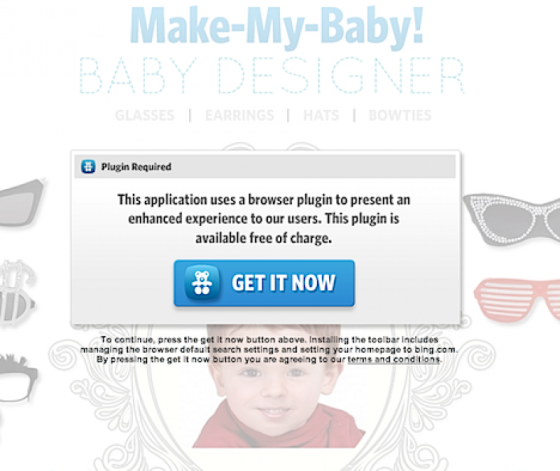Transparency.
It’s one of those words that has almost become synonymous with social media. So much so that communicators are starting to get sick of hearing it (re: Ragan.com’s list of the “Top 10 Most Overused Words in Social Media“). However, no matter how “overused” it may be it still has value for companies in the blogosphere.
Transparency gains trust. And trust is one of the most important aspects in relationships with constituents. So how can companies be transparent online? There are many different ways to do so, which include having a designated company blogger, speaking candidly on company policies, and even owning up to corporate missteps. This post focuses on comments; specifically why companies should never delete negative ones.
It’s typical to receive complaints. As the post “Corporate Blogging Do’s and Don’ts” points out, allowing these complaints and then responding to them honestly will cause your company’s credibility to rise. Think about it: a blog with only positive comments praising the company just looks fake. There should be room for both praise and criticism of the company, its products, or even its policies. Also take note that if some complaints keep reoccurring then it’s a sign that there’s a larger problem you need to fix corporately.
 In an interview with Ragan’s PR Daily, SAS explained their philosophy behind transparency and commenting. According to Jim Davis, the senior Vice President and Chief Marketing Officer of SAS, blogging is built on trust. He points out that incorrect controversial comments will get corrected by the by the community without intervention. At the same time, however, true controversial comments will gain supporters also voicing their concerns. These are the negative comments companies need to pay attention to; the comments are pointing out problems that need to be fixed.
In an interview with Ragan’s PR Daily, SAS explained their philosophy behind transparency and commenting. According to Jim Davis, the senior Vice President and Chief Marketing Officer of SAS, blogging is built on trust. He points out that incorrect controversial comments will get corrected by the by the community without intervention. At the same time, however, true controversial comments will gain supporters also voicing their concerns. These are the negative comments companies need to pay attention to; the comments are pointing out problems that need to be fixed.
Posting and responding to negative comments can actually help you gain more customers. According to Research Brief, the Retail Consumer Report from this January, 18% of consumers have turned into loyal customers after receiving responses from retailers to their posted complaints or negative reviews online. Doesn’t seem like a large enough percentage? Just remember: that’s still 18% of customers you would’ve lost without any response. Responding can also promote positive reviews. In the same report, it was found that 33% of disgruntled customers who had received responses later posted positive reviews. Also, 34% eventually deleted the original review.
Finally, how does this all tie into ethics? Look back to the six guidelines presented in the Social Media Code of Ethics from the first post. Numbers 2-5 (welcome criticism, respond to comments quickly and appropriately, be credible and transparent, deal with errors honestly) all relate. Following these guidelines and the suggestions set forth in this post is to act ethically online.


